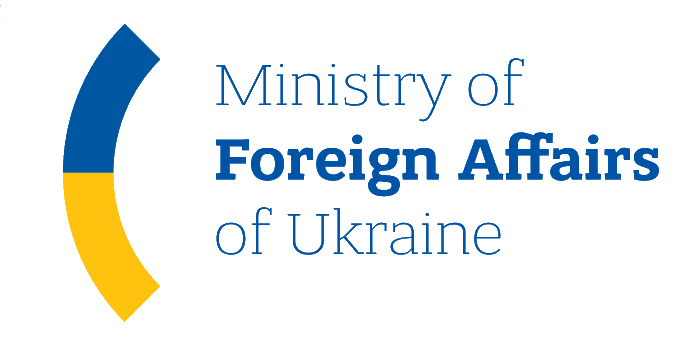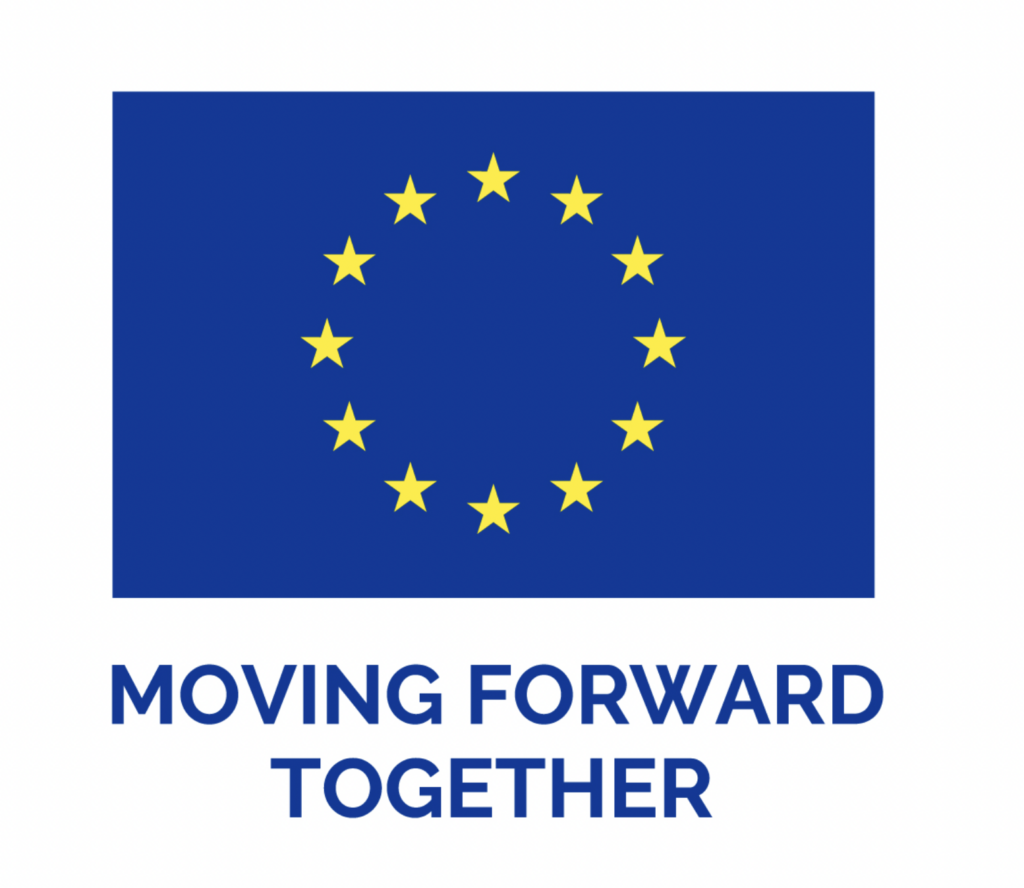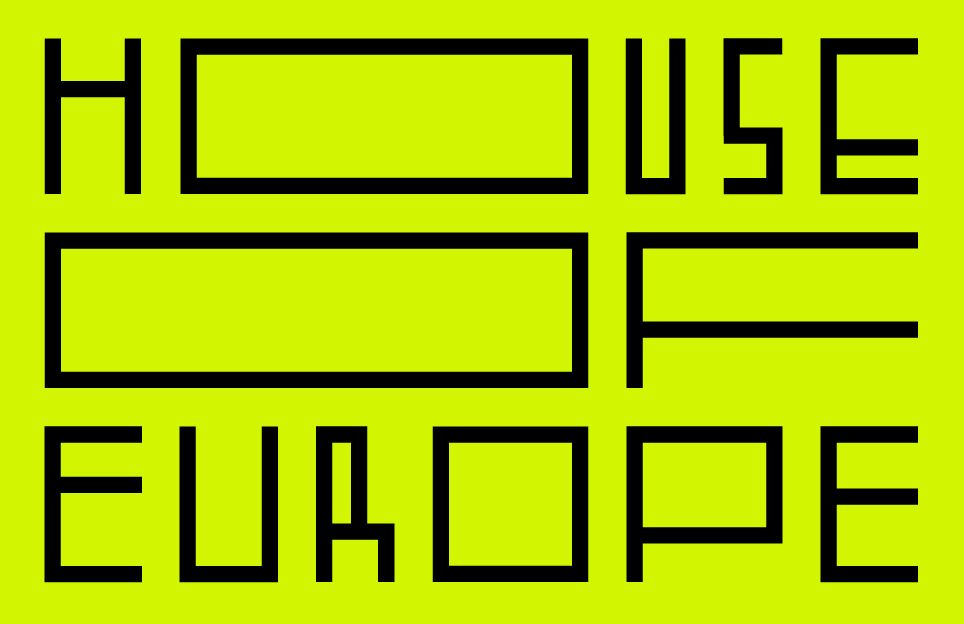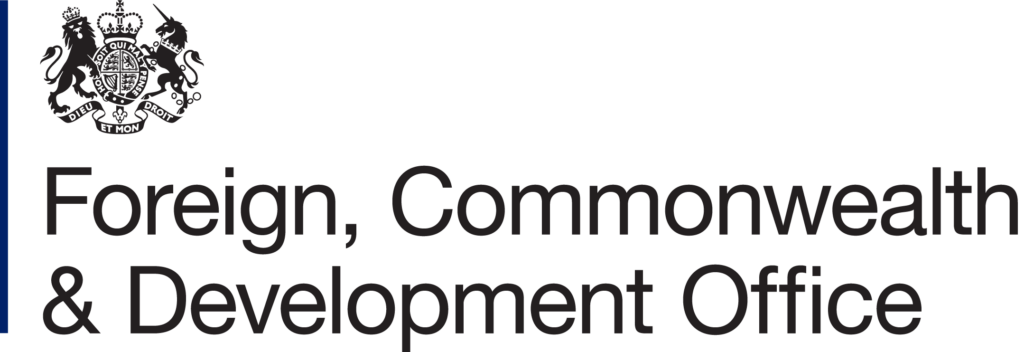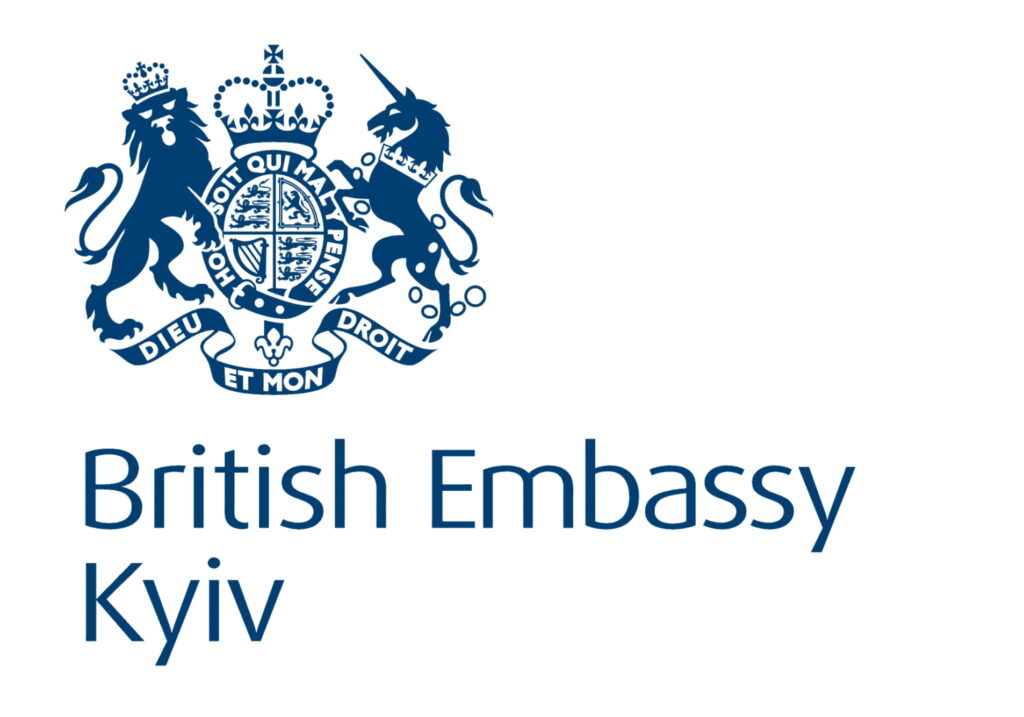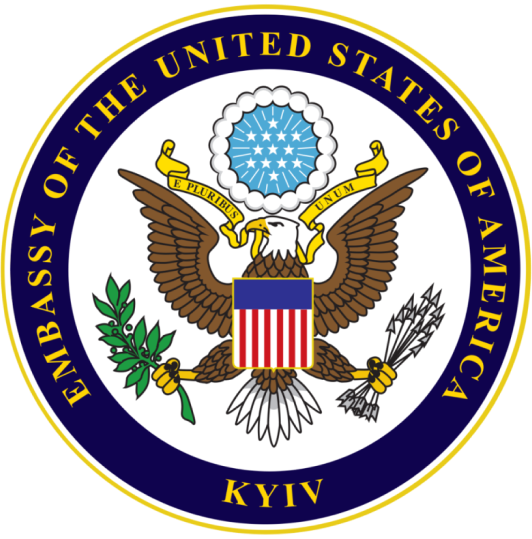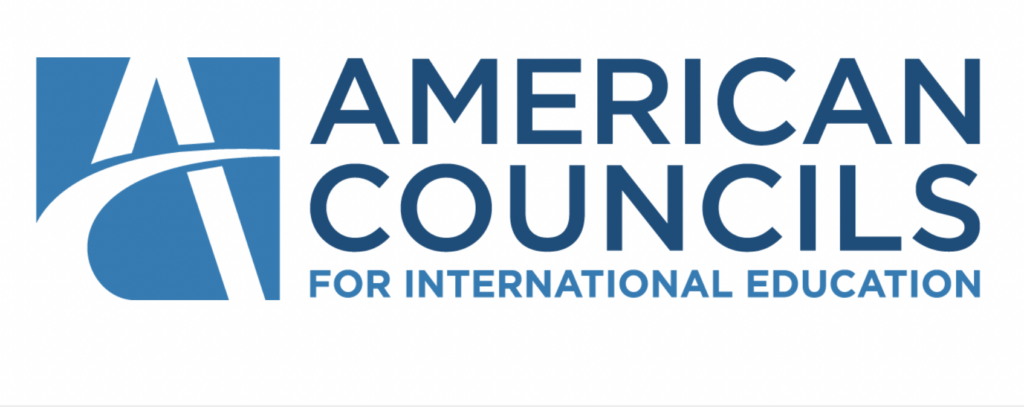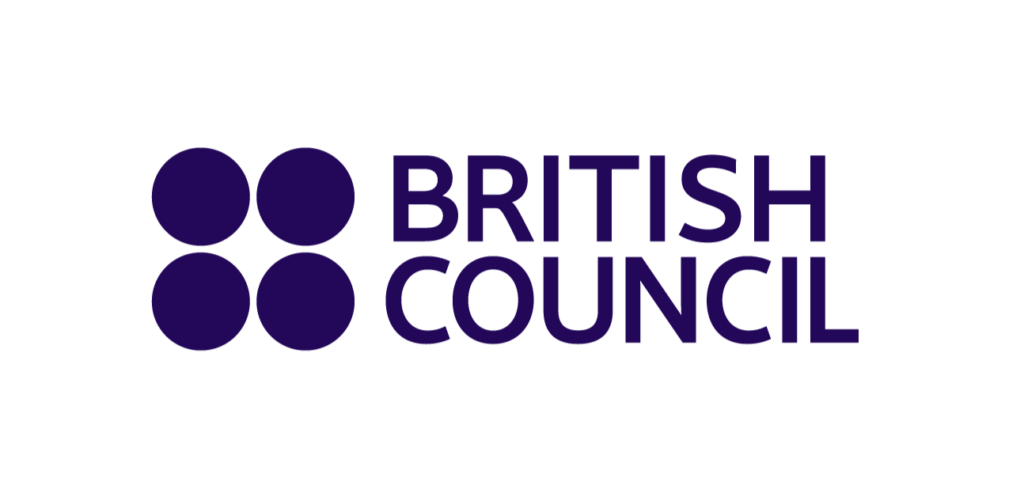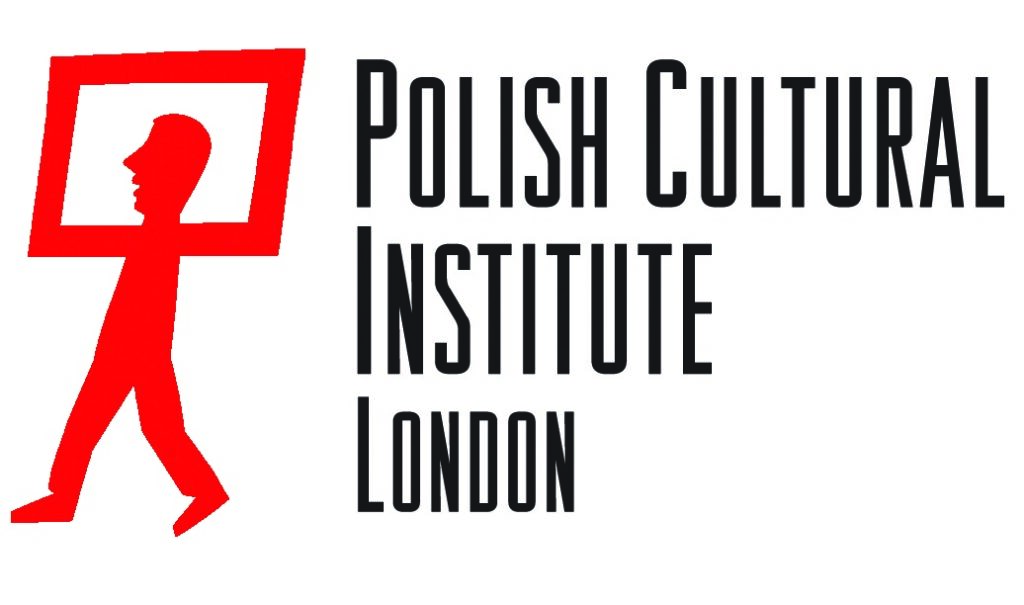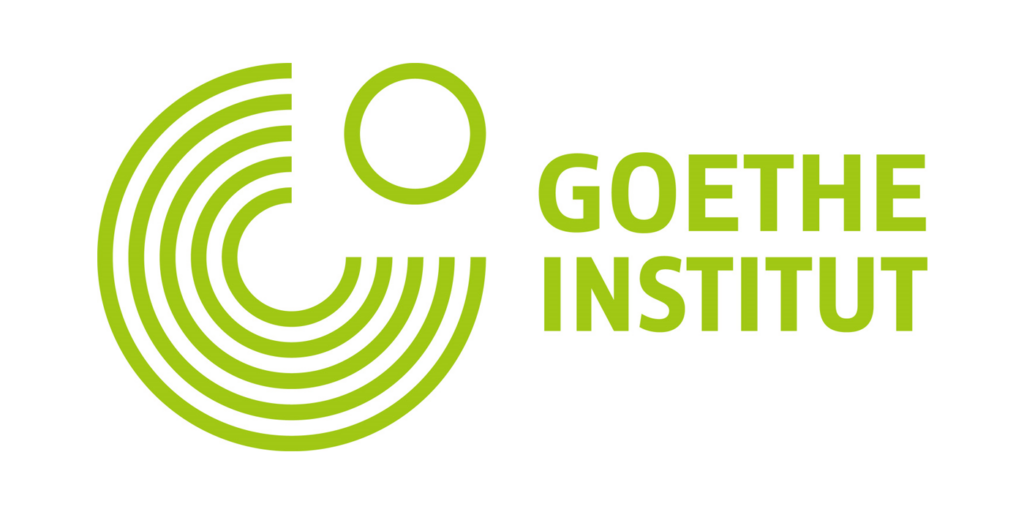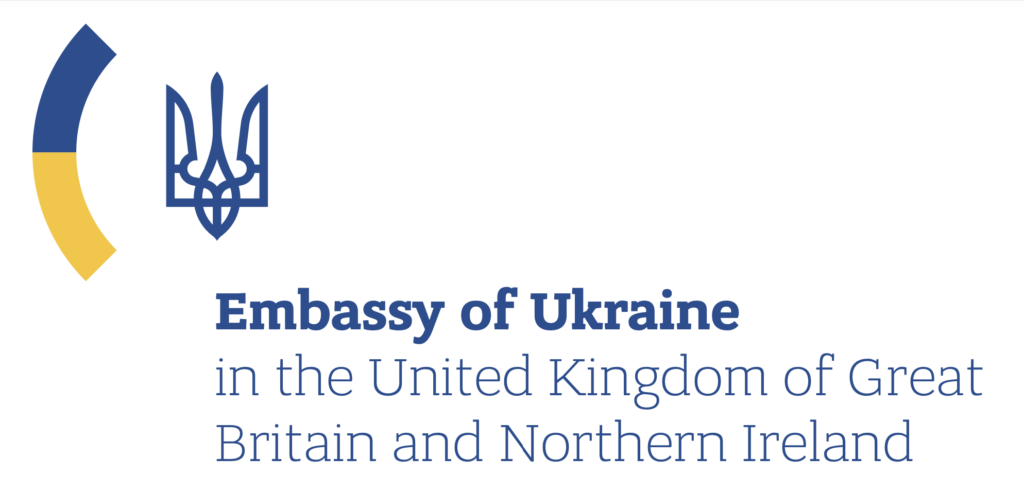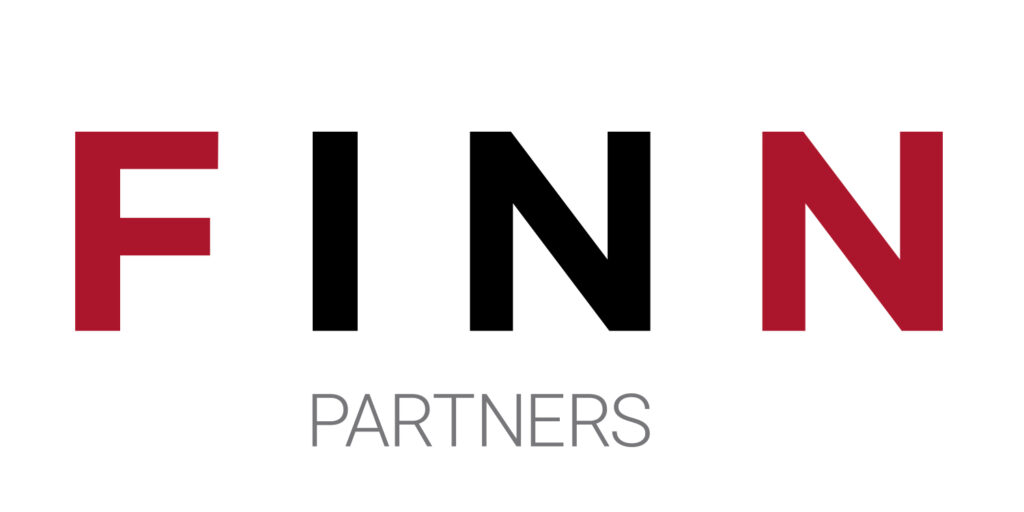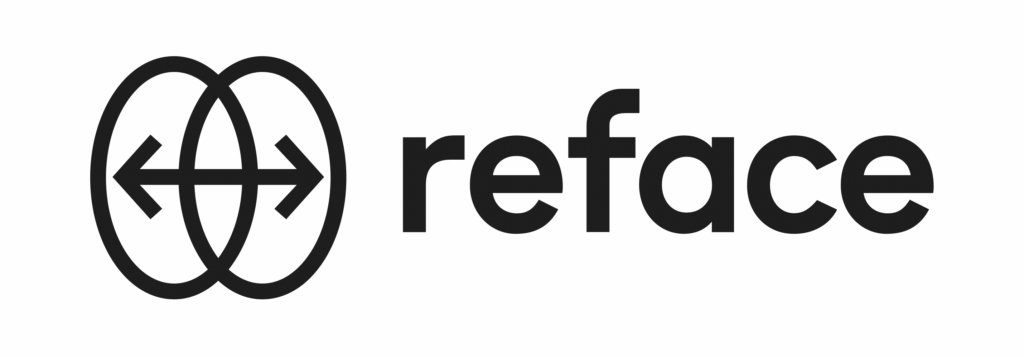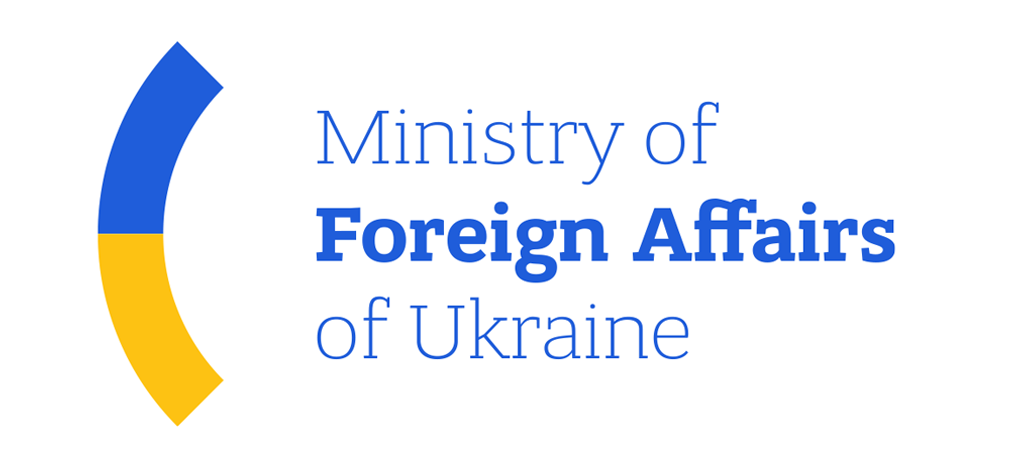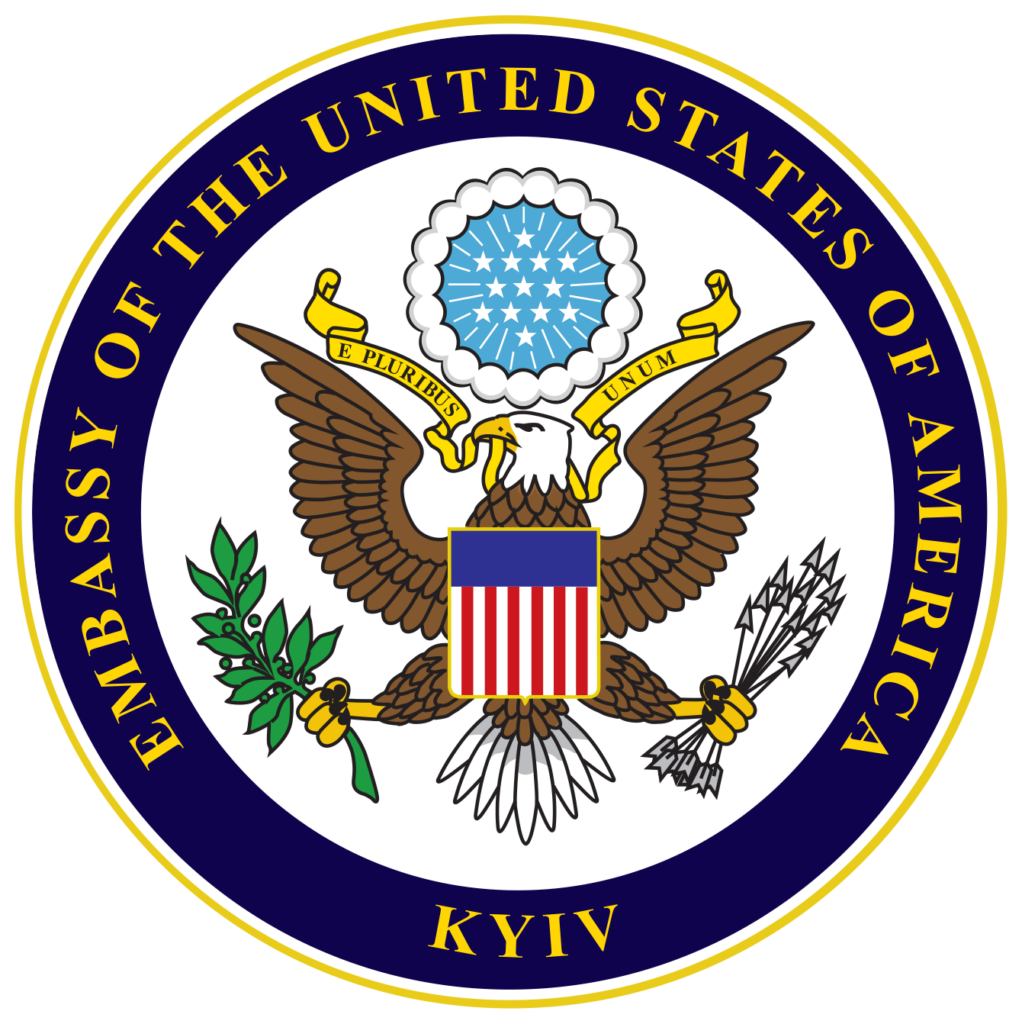International Cultural Diplomacy Forum 2023
December 4th, London, United Kingdom
The International Cultural Diplomacy Forum (ICDF) is an annual conference that brings together leading experts from Ukraine and other countries to discuss insights, best practices, challenges, and the future of international cultural diplomacy and cultural relations.
About the Forum
The forthcoming forum will explore various captivating topics, including exploring strategies for constructing and fortifying international relations with emerging geographies. Additionally, it will shed light on the evolution of cultural diplomacy amidst times of war and conflict, emphasizing the associated risks and presenting unprecedented opportunities for fostering harmonious interactions.
Forum programme:
- 9:30 – 10:10 GMT
Official opening of the ICDF 2023
Speakers’ Quotes:
“Culture is a universal language that unites us all, regardless of our background and beliefs. It teaches us the values of patience, perseverance, and creative thinking. Ultimately, art and culture define the soul of a person, making us human even in times of war.”
“We see our responsibility in sharing our collection as widely as possible. Thanks to digitization, an incredible amount of cultural heritage is accessible to researchers worldwide. Cooperation with institutions whose collections are under threat due to war, climate change, or emergencies is also important to us.”
“UNESCO has recorded 330 cultural heritage sites damaged since February 2022, including libraries, museums, religious structures, etc. The Ukrainian language and culture have been cynically and deliberately targeted in this war. The United Kingdom continues to stand shoulder to shoulder with Ukrainians in the face of this horrific aggression. Cultural diplomacy is a powerful tool for promoting peace, bringing people together through the sharing of interests and values, and fostering a sense of common humanity like never before.”
“Without exaggeration, Poland has been an unwavering supporter of Ukraine’s sovereignty for the past 32 years. On December 2, 1991, Poland recognized Ukraine as an independent state, becoming the second country in the world to make this decision at that time. The recognition of Ukraine’s independence reflected both a firm political calculation and deeply rooted historical, social, and cultural ties between our two nations. Free Ukraine is capable of making its own choices, preserving, enriching, and developing further. Its clear identity has been and continues to be part of Poland’s vital national interests.”
- 10:10 – 10:30 GMT
Keynote Speech
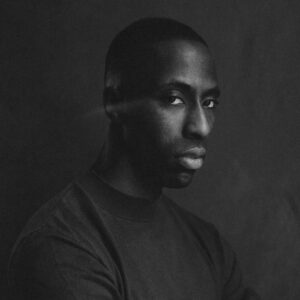
Joseph Akubeze is working on both stage and screen, appearing on BRIDGERTON, TED LASSO, HALF BAD and Disney’s CRUELLA, while also beginning his career as a screenwriter. Together with Olivia Emden, he shot the short film ACRIMONIOUS which both Akubeze and Emden starred in, and which was picked as one of the top 5 short films to watch at BFI Flare festival 2021, and which was also selected for the BAFTA-qualifying London Short Film Festival and the Copenhagen Short Film Festival.
“I remember the incredible and marvelous feeling when I first read Lesya Ukrainka’s play ‘Cassandra.’ It’s the revolutionary force of European feminist thought in the 19th century. The work was so convincing because deep down it felt extraordinarily global. At the same time, I was engulfed by a wave of horror from the unimaginable evil due to Putin’s extraordinary recklessness. I felt that I had to find a way to be useful. I urge everyone to remember the atrocities that Putin has caused in Ukraine, including cultural genocide.”
- 10:30 – 10:45 GMT
Keynote Speech
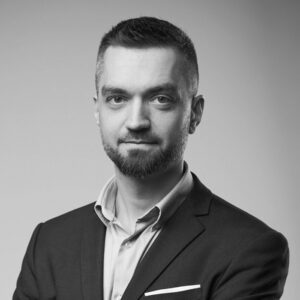
“Culture serves as a powerful shield during times of conflict, offering protection to identities, values, and heritage in various ways. Ukrainian cultural elements like language, traditions, and rituals form the bedrock of our identity today. During the war, the preservation of these cultural components becomes crucial in maintaining a sense of self and community. Cultures today are not just repositories of artistic and intellectual wealth; they are dynamic forces driving economic and social progress.”
- 11:00 – 12:00 GMT
Panel discussion: Sword or Shield? Culture and Cultural Relations in Times of Conflict
Moderator:
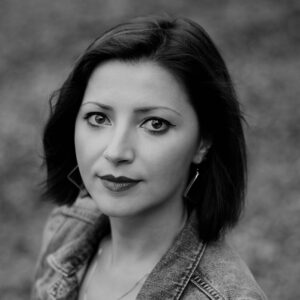
Dr Olesya Khromeychuk is a historian and writer. She received her PhD in History from University College London. She has taught the history of East-Central Europe at the University of Cambridge, University College London, the University of East Anglia, and King’s College London. She is currently the Director of the Ukrainian Institute London.
“The Kremlin deprived Ukraine of its cultural identity for many years, even before the start of the full-scale invasion and before this war began. Ukrainian culture is one of the targets of this war. It is being destroyed now as we speak. Russia itself calls its culture a weapon in this war. We have repeatedly heard from representatives of Russian culture in top positions how they call the export of their culture a ‘special operation.’ Despite this, we still constantly hear that culture is beyond politics.”
Speakers:
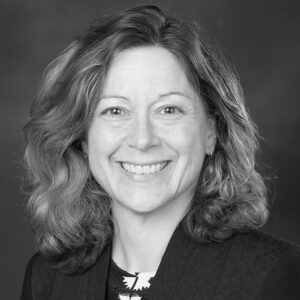
Executive Director of the U.S. Advisory Commission on Public Diplomacy at the Department of State, Chair of the Foreign Service Journal Editorial Board, an Adjunct Professor in Georgetown University’s MSFS degree program, and a Faculty Fellow at the USC Center on Public Diplomacy. Vivian has published and lectured extensively on the practice of public diplomacy in complex information environments. She graduated from Georgetown University’s School of Foreign Service and earned her doctorate in English language and literature from the University of Chicago.
“We should address the lack of historical and cultural knowledge of Ukraine and its culture. Then we have to actively eliminate the stereotypes, to avoid the usage of the Russian narratives about Ukraine. The narrative Ukraine chooses to speak about itself belongs to Ukraine. But the responsibility for creating the conditions to properly seeing, hearing and interpreting that narrative is definitely within the international community.”
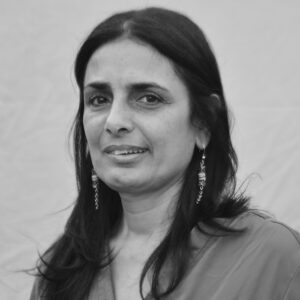
Basma El Husseiny is a cultural manager and a cultural rights defender. For the past 30 years she has been involved in supporting independent cultural projects and organizations in the Arab region. In 2004 she founded Al Mawred Al Thaqafy, the first non-governmental regional cultural organization in the Arab region. Basma El Husseiny is currently leading the organisation Action for Hope, an organization that works to protect and promote the cultural rights of marginalized communities, with a focus on the countries undergoing or emerging from conflict.
“In the very first days of any armed conflict its very difficult to talk about culture. All the devastating destruction makes it difficult to show the world that the culture of any community is important. That is why we mix a humanitarian aid with the cultural activity. As soon as people find the roof they feel the need to talk about their experience and the easiest way to talk is an artistic expression. It allows people to be visible, they feel they can contribute to something called the shared humanity.”
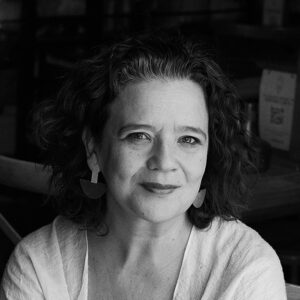
Cristina Fuentes La Roche is international director of Hay Festival. Since 2005, Fuentes La Roche has led Hay Festival’s global development strategy, managing annual Festival editions in Colombia, Mexico, Peru, the USA, and Spain and since 2022 has been collaborating with Lviv Bookforum and promoting Ukrainian talent across the world. She was awarded an honorary OBE in 2019 for services to promoting British culture and values to the Spanish-speaking world.
“Ukrainian artists are trying to reinvent how they want to be seen – as a decolonized country, how they want to understand themselves better, how they want to coexist with each other and with the world. This is a very interesting and challenging moment. What we do is we create platfoms for the artists, to bring different voices. As we do in Colombia, in Latin America: we bring indigenious voices, LGBTQ, ethnic minorities, to give them a space at the table.”

Tomica Bajsić is a poet, prose writer, graphic artist, and translator. Author of five poetry collections, two books of travel prose, and a picture book for kids. Twice awarded with national awards for poetry: the Goran Prize for Young Poets and Dobriša Cesarić national prize. His poetry and prose pieces are translated into many languages. President of Croatian PEN Centre as well as Croatian coordinator of the lyrikline network. Long time editor for poetry in translation in Croatian Poezija. Founder of Druga priča, Art & Poetry publishing.
“In propaganda poetry seeks not a response, but echo. Russia uses culture as a weapon of war. This is totalitarian trademark. What an artist can do during the war? To witness, to report, to share the experience. To bring a common experience to the rest of the people the feeling of war. I can feel what happens at war better from art than from the news.”
- 12:00 – 13:00 GMT
Panel discussion: International Collaboration on a Grand Scale: Assets, Obstacles, and Influence
Moderator:

Sarah Sands, British journalist and author. Sarah Sands is currently Acting Chair of the British Council, a board member of the Berkeley Group, a board member of Channel 4, a partner at Hawthorn Advisors and a trustee of the Science Museum Group. She sits on the G7 gender equality advisory council, having chaired it in 2021.Sarah has edited two newspapers, The Sunday Telegraph and The Evening Standard and is a former editor of BBC Radio 4’s Today programme. She is an honorary fellow of Goldsmiths College, University of London and of Lucy Cavendish College Cambridge.
Speakers:
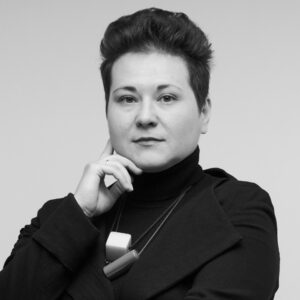
Tetyana Filevska holds the position of Creative Director of the Ukrainian Institute. Art manager, curator, writer, and researcher of Ukrainian art of the 20th century. She has been working in the sphere of culture for over 20 years. Worked in various art institutions, particularly the EIDOS Arts Development Foundation, Contemporary Art Center, IZOLYATSIA. Platform for cultural initiatives, Mystetskyi Arsenal. Alumna of the FSA/FLEX program, the Aspen Institute Kyiv “Responsible Leadership” seminar, and the Harvard Kennedy School Women’s Network Ukraine mentoring program.
“Cultural collaboration is always about dialogue. The experience of collaborating with the British Council taught us a lot. In particular, we realized that despite Ukraine being a blind spot for the world for a long time, it was an opportunity to quickly delve into Ukrainian culture and share it with the world.”
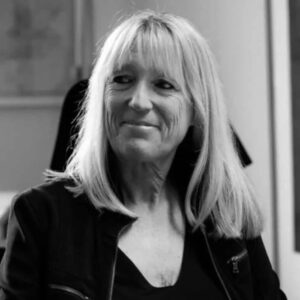
Katharina von Ruckteschell-Katte has been involved with Goethe-Institut since 1991 in various capacities in Moscow, Bangkok and Munich. From 2008 to 2013 she was the director of the Goethe-Institut South Africa in Johannesburg and director for sub-Saharan Africa, coordinating the Goethe-Institutes in the region. 2013 — 2018 she took over the position as the regional director of the Goethe-Institutes in South America.
Cultural diplomacy is now more important than ever, especially in times of crisis. Dialogue between cultures is crucial for creating a world that respects diversity, fosters mutual understanding, and encourages cooperation.”
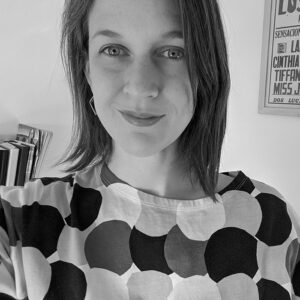
Claire De Braekeleer is Regional Arts Director, Wider Europe for the British Council. She leads the strategic direction and delivery of a portfolio across 15 countries, including Ukraine, and actively led the development of the UK/Ukraine Season of Culture 2022/23. Claire has held other senior roles for the British Council covering arts, education, partnerships and communications, and has been based in Istanbul, Cairo and Moscow. She has an MA in Cultural and Creative Industries from King’s College London.
“The UK/Ukraine Season of Culture, which ran from June 2022 to June 2023, was planned long before its launch. Our main goal was to showcase Ukrainian culture with the involvement of the UK. This became even more important after the start of the full-scale invasion. We had to quickly and actively adjust plans for the Season. We are very proud that our events took place throughout the UK. This Season was absolutely unique.”
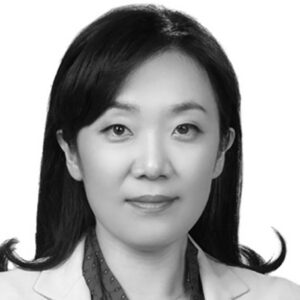
Dr. Seunghye Sun is currently the Director of the Korean Cultural Centre UK. Since 2001, Sun has served as both a curator at major museums including the National Museum of Korea, Seoul Museum of Art, Cleveland Museum of Art, and the Tokyo National Museum as well as the Director of the Daejeon Museum of Art in Korea. Alongside her work as a curator and Museum Director, Sun has also had the privilege of completing academic research as an adjunct professor of KAIST (Korea Advanced Institute of Science and Technology), and assistant professor of East Asian Studies at Sungkyunkwan University in Korea, covering all periods of Korean art and culture from the ancient to the contemporary.
“Cultural diplomacy often has an emotional component in many cases and during various events. This needs to be taken into account. Moreover, I believe that the involvement of artificial intelligence in cultural diplomacy will open a new era for our shared future.”
- 14:00 – 15:00 GMT
Panel discussion: Cultural Diplomacy around the world: Insights and Experiences
Moderator:
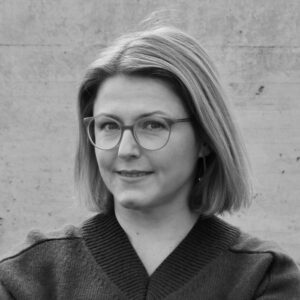
“There is a barrier to perceiving Ukraine in the world because outside of Europe and North America, it is seen as a legacy of the Soviet Union and, therefore, Russia. We are in a situation where we are trying to build cultural relations and develop a strategy of cultural diplomacy in a rather complex field.”
Speakers:
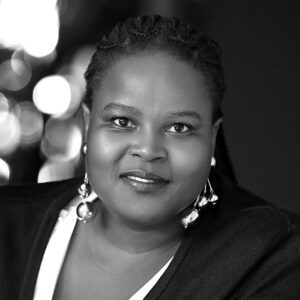
“From my experience organizing festivals, I can say that we have managed to create a safe, uncensored space for artists to freely express their views and thoughts, interact with each other for better understanding. We strongly believe in freedom of speech, as there is a freedom of creativity that our festivals essentially encompass. We have hosted many Ukrainian writers and poets, so I am confident that this plays an important role in cultural diplomacy.”
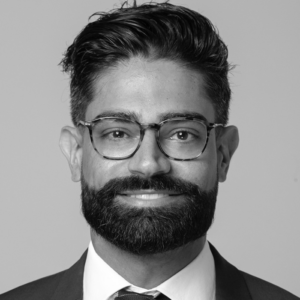
Adam Jayme Muniz is a Brazilian diplomat with over 17 years of dedicated service to the Ministry of Foreign Affairs, focusing primarily on cultural diplomacy. His international experience includes serving as Deputy Head of Mission at the Embassy in Nairobi (Kenya), Desk Officer for Culture at the Permanent Delegation of Brazil to UNESCO (France), and Cultural Attaché at the Embassy in Beirut (Lebanon), where he also directed the Brazil-Lebanon Cultural Centre. More recently in Brazil, Adam held the position of Director of the International Relations Department at the Ministry of Culture (2016-2019), followed by his role as Head of International Affairs at the Brazil Film Agency (2019-2020). Between 2021 and 2023, he led the Culture Promotion Division at the Ministry of Foreign Affairs. Since August 2023, Adam has been serving as the Head of Public Diplomacy at the Embassy of Brazil in London.
“Cultural diplomacy is part of public diplomacy that uses art and culture as tools to strengthen relations between countries. In Brazil, the strategy of cultural diplomacy consists of three dimensions. The first is based on strengthening symbols through creativity. The second relates to the ability of culture to generate income, promote trade exchanges, and cultural exports. The third I would call cultural citizenship, associated with the idea of conveying values through culture.”
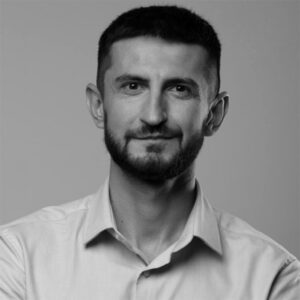
Journalist, human rights activist, researcher and manager of educational and cultural projects.
Worked as a program director of the state enterprise “Crimean House”, a member of the supervisory boards of the NGO “Centre of United actions” and the NGO “Educational Center for Human Rights” in Lviv. Member and rapporteur of advocacy missions to the Council of Europe, the European Parliament, the OSCE, the UN Security Council, EU and US political institutions on the situation in Crimea, the initiator of the digital museum of deportation of Crimean Tatars “Tamırlar”.
Public and professional activities are focused on the topics of the occupied Crimea, humanitarian policy, the current state of the Crimean Tatar people, freedom of speech and communication strategies.
“Since gaining independence, Ukraine has mainly focused its diplomatic efforts on countries in close geographic proximity, with limited engagement with countries in Latin America, South Africa, and Asia, among others. However, Russia’s full-scale invasion of Ukraine highlighted the geopolitical significance of these regions, as Russia’s deep influence on much of the world created a significant challenge to mobilize global support against this aggression.”
Mridula Ghosh, Board Chair, East European Development Institute, Faculty Member, Department of International Relations, National University of Kyiv-Mohyla Academy
“Cultural diplomacy, better termed cultural relations, is a two-way street. It develops in two directions, not imposing unilateral advancement. We must understand that cultural diplomacy is vital. Many countries do not know what is happening in Ukraine now, and it is necessary to compensate for this by understanding Ukraine as it is, not from a Soviet or Russian perspective. Our cultural relations must be built on a certain set of values and the principle of freedom of self-expression.”
- 15:15 – 16:30 GMT
Panel discussion: Cultural Diplomacy in the Age of Advanced Technologies
Moderator:
Victoria Ivanova is the Research and Development Strategic Lead at Serpentine Galleries, a leading contemporary art organization located in London, where she leads Future Art Ecosystems, a project for the construction of 21st century cultural infrastructure for art, technology and society. In 2010, Victoria co-founded Izolyatsia, a cultural organization in Donetsk, Ukraine, the premises of which were seized in 2014 by a pro-Russian militia.
“The relationship between cultural diplomacy and cutting-edge technologies is a somewhat uncharted territory for building targeted cultural diplomatic strategies. This means that many opportunities arise to do things differently. One of the key roles of the cultural strategic space is to provide a new understanding of how technologies can offer fresh ideas about existence in society and the environmental context.”
Speakers:

Polina Klekovkina is the Сhief operating officer, Producer, Business Development at Ffface.me. Polina has a wealth of hands-on experience in crafting projects centred around XR, Digital Fashion, Virtual Avatars, and the Metaverse, serving esteemed brands like Prada, LVMH, Pepsi, L’Oreal, Mugler, Meta, and others. Her current focus lies in optimizing the adoption and widespread popularity of AR mirrors throughout the retail sector, inventing novel use cases and exploring innovative combinations of technologies.
“The pandemic has pushed the development of many digital channels that we simply cannot ignore now. They have become an essential component of any sphere. In a way, we all live in a digital world. This means that AR, AI, and VR technologies can help spread topics important to us.”

Hannah Andrews is the Director of Digital Innovation in the Arts at the British Council, where she oversees digital innovation across the organizations Global Arts Programmes. Having spent five years as Creative Producer with Google’s Arts & Culture Lab, and prior to this worked as an independent producer specialising in art and technology, Hannah has worked at the forefront of digital innovation in the arts, collaborating with major institutions including Google Research, Google Quantum AI, MIT Media Lab, London Design Festival, the Barbican, Tate Liverpool, the Serpentine Galleries, and the Guggenheim Bilbao.
“Artists are a driving force for innovation in technology because they are creative communities driven by imagination. In the context of cultural relations, technology provides space for creative actions in various aspects.”
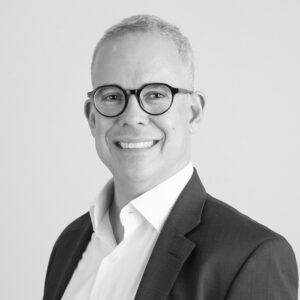
Sérgio Branco is the co-founder and Director of ITS (itsrio.org), a research center in Rio de Janeiro, Brazil. Lawyer, academic, and intellectual property specialist. Branco holds a PhD and a Master’s degree on Civil Law, as well as specializations on Intellectual Property and on Documentary Filmmaking. He has served as a visiting professor and researcher at the University of Montreal and is currently Senior Visiting Fellow at Sciences Po Law School (Paris). As an intellectual property expert, Branco has written several books on the topic, including “Memory and Forgetting on the Internet”.
“When we talk about protecting intellectual property, it means two types: protecting physical and intellectual assets. In the second case, intellectual property often becomes a public asset, meaning the absence of an economic aspect with the right to access and use the material. Cultural diplomacy initiatives should encourage states and companies to provide access to works that are a public asset and also establish limitations on fair use.”
- 16:30 – 16:40 GMT
Closing remarks
- Marina Pesenti, Member of the Supervisory Board of the Ukrainian Institute and Advisor of the Ukrainian Institute London
- Volodymyr Sheiko, Director General, Ukrainian Institute
Hosted by
- Marina Pesenti, Member of the Supervisory Board of the Ukrainian Institute and Advisor of the Ukrainian Institute London
Forum Partner and Host:
Organised by:
The International Cultural Diplomacy Forum 2023 is organised by the Ukrainian Institute in cooperation with the Ministry of Foreign Affairs of Ukraine.
Supported by:
The Forum is supported by the House of Europe, Foreign, the Commonwealth & Development Office (UK), the British Embassy in Ukraine, the US Embassy in Ukraine, the American Councils for International Education.
Forum Partner and Host – British Library.
Institute Partners – British Council, Polish Cultural Institute in London, Goethe-Institut in London and Embassy of Ukraine to the United Kingdom of Great Britain and Northern Ireland.
Inform Partner – FINN Partners.
AI Partner – Reface.


